1. Event-based employee recognition enhances recognition programs by aligning recognition with specific events or occasions, fostering variety, and promoting engagement.
2. It can be planned around themes such as diversity, wellness, sustainability, mentorship, and appreciation or tied to days of professional, cultural, or national significance.
3. Best practices include creating a calendar of events, planning activities, incorporating rewards, and promoting the events to ensure participation and impact.
4. Event-based recognition enhances employee interest, aligns with organizational values, and fosters a positive and inclusive work culture.
Today, employee recognition is a vital component of most organizations’ human resources strategies. Let’s examine how event-based employee recognition can add value to any employee recognition program.
A typical employee recognition program in most organizations operates in two modes:
1. Planned
2. Unplanned
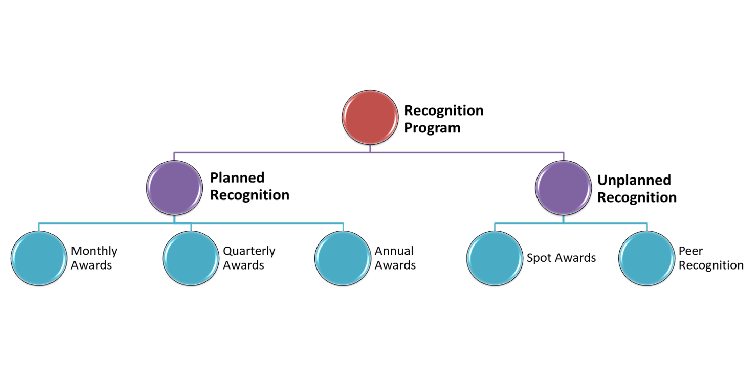
Planned recognition works on annual, quarterly, monthly, and even weekly or daily cycles.
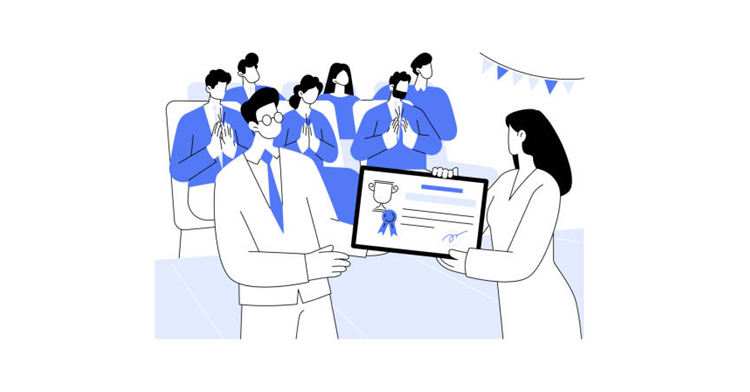
These planned or cyclical awards recognize employees who consistently outperform their key performance indicators (KPIs) over a specific time frame, such as a month or quarter.
Unplanned recognition, also known as instant or spot recognition is meant to recognize one-off achievements of employees, as and when it happens without waiting till the end of the cycle.

Although the timing of this recognition may not be predetermined, the type, form, and criteria are always predefined.
Hence, it could be a Spot Award, a Thank You Card, or an Appreciation Sticker.
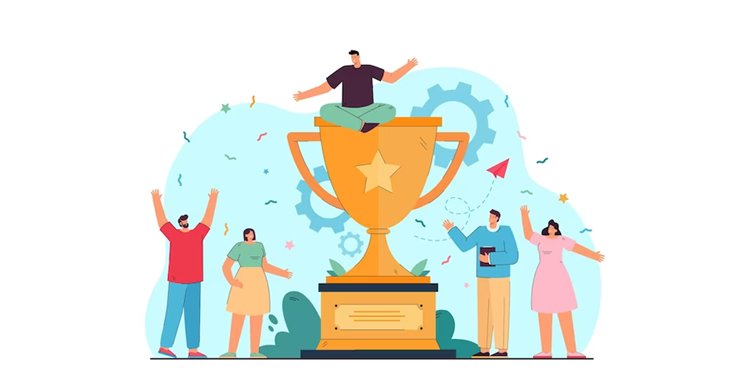
Planned and unplanned recognition are core to employee recognition programs throughout the year.
Most organizations incorporate both planned and unplanned recognition in their employee recognition programs.
What we are talking about here is employee recognition linked to specific events or occasions.
For example, we recognize women achievers in the organization on International Women’s Day.
Or employees thanking and appreciating each other during Thanksgiving for the help and support they have received from others throughout the year.

Event-based recognition is generally given and received only during a particular time of the year, coinciding with a specific event of importance to the organization.
Such event-based recognition can leverage the event’s theme, such as diversity on Women’s Day, the culture of appreciation during Thanksgiving, or Employee Appreciation Day.
Hence, event-based employee recognition can be conducted on the specific day of the event or over a few days around that day.

Most organizations rely on planned and instant or unplanned recognition as the core components of their employee recognition programs.
So, here’s how event-based employee recognition can add value to such programs:
1. Creates More Variety in the Program and Employee Interest
2. Aligns with the Organization’s Core Values
3. Promotes Diversity
4. Adds Local/ Global Flavor


Event-based recognition happens in short bursts for different themes.
It helps break the monotony of regular recognition programs with planned and instant components.

Additionally, these recognition events are often aligned with core values and key priorities of the organization such as diversity, sustainability, wellness, mentorship, and culture of appreciation; and hence, help promote them.
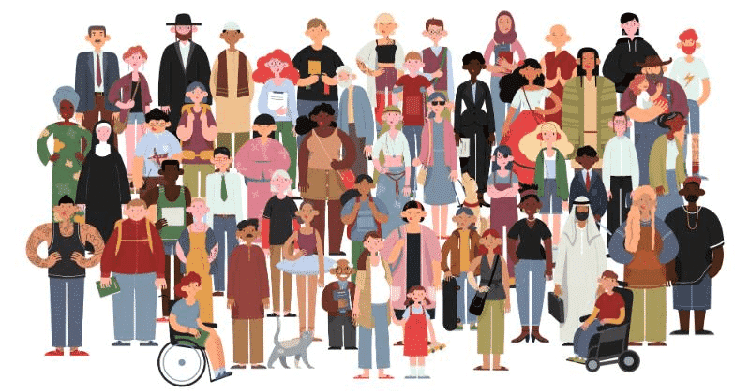
Organizations should leverage Women’s Day and International Day for Tolerance events to recognize employees and promote diversity and inclusiveness.
Hence, the use of festivals for employee recognition can help in creating cultural diversity.

Also, organizations should utilize religious and cultural festivals to reward and recognize their employees.
Events specific to the region or country can enhance employee relevance and engagement.
Organizations can leverage different events for employee recognition.
Such events could be regional, national, or international days of significance to the organization and its employees.
Events based on Specific Themes
1. Diversity
2. Wellness
3. Sustainability
4. Mentorship/ Coaching
5. Appreciation
Days of Importance
1. Profession Specific Days
2. Industry/ Domain Specific Days
3. Organization Specific Days
4. Festivals Related to Religion/ Culture
5. Days of National Importance
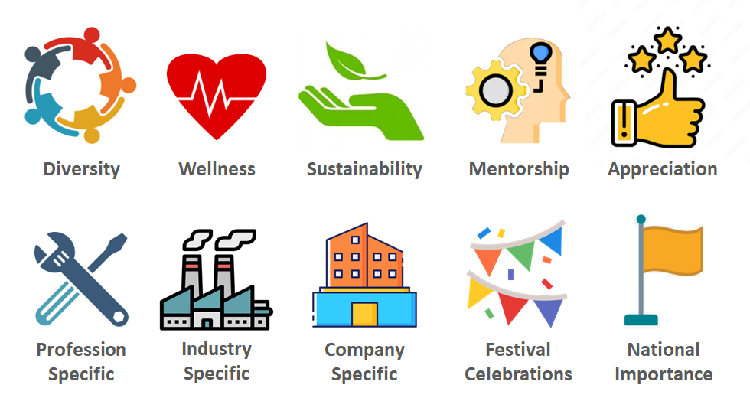
So, these events could be based on specific themes such as:

Examples of Events related to Diversity:
Hence, organizations can leverage these occasions to reward and recognize achievers from specific genders and communities.
Therefore, such recognition can help in promoting diversity and inclusiveness in the organization.
At a global tech company, employees recognized their female co-workers using the HiFives platform on Women’s Day. The recipients received e-cards via email, and the notifications were automatically posted on MS Teams, creating social visibility.

Examples of Events related to Wellness:
Organizations should conduct various awareness-building activities, such as wellness quizzes, talks, fitness challenges, and contests, on such occasions.
Employees who participate and perform well in such activities can be rewarded and recognized.
Such recognition can help in creating getting greater visibility within the organization and make it aspirational for other employees to participate in such wellness activities.
A media company uses the HiFives platform to showcase pictures and videos of employees participating in wellness activities on World Health Day. The best entries were rewarded through the platform using reward points.

Examples of Events related to Sustainability:
Organizations can leverage such occasions to conduct awareness-building events, such as quizzes, talks, tree plantations, lake or beach cleanups, and photography contests.
Participants in these activities and the winners of the contests can be rewarded or recognized to promote greater visibility of environmental issues in the organization and encourage more employees to participate in such activities in the future.
At a multinational company’s global development center, employees could submit ideas for various ‘green initiatives‘ through the HiFives platform. On World Environment Day, the best ideas were selected and rewarded with points on the platform.

Examples of Events related to Mentorship and Coaching:
Hence, employees who have played the role of mentors or coaches in the organization can be acknowledged and recognized by their co-workers on these occasions.
Employees at a multinational IT services company used the HiFives platform to recognize their peers and seniors for their guidance and mentorship on International Mentorship Day. The recognition was automatically posted on the platform and the company’s MS Teams.

Examples of Events related to Appreciation:
These are great occasions for peer-to-peer or informal recognition; for employees to thank their co-workers for any help or support they might have received and appreciating each other for their work and achievements.
At an HR tech event, employees thanked their coworkers for their assistance and collaboration on World Gratitude Day through the HiFives platform. An integration ensured that recognition posts appeared instantly on the company’s Slack channel.
Also, events could be on the days of regional, national, international, religious, or cultural importance:
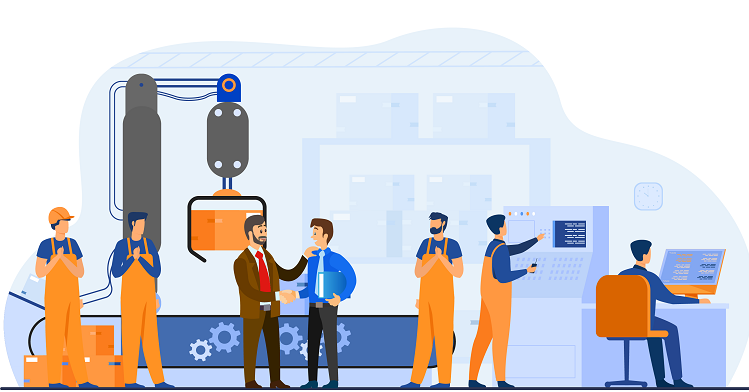
Examples of Events related to Professions:
Hence, organizations should everage such occasions to reward and recognize employees of specific professional backgrounds or functions.
At a multi-national IT services company, learning and development facilitators were rewarded with e-certificates and reward points by the company on Teacher’s Day using the HiFives platform. The recognition was automatically posted on the company’s MS Teams channel, where other employees liked and congratulated them.
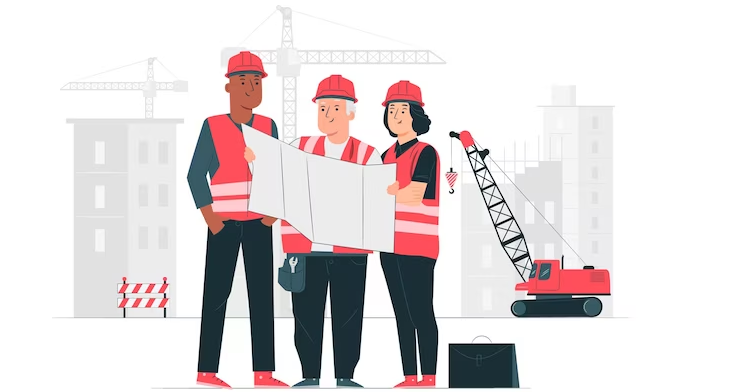
Examples of Events related to Industries or Domains:
These events can be utilized for conducting contests and for recognizing high achievers in these areas.
Supervisors at an energy generation company use the HiFives platform to nominate staff members and executives for safety awards on International Safety Day. Management evaluates and approves the nominations, and the winners are awarded e-certificates and reward points through the platform.

Examples of Events specific to organizations:
During such an occasion, organizations can reward and recognize top performers and long-serving employees across the organization.
A large gathering of employees and celebrations are generally part of such events.
All employees received reward points through the HiFives platform as part of the company’s Foundation Day celebrations. Employees can combine these reward points with other points from other rewards they receive and redeem them for e-gift cards of their choice.

Examples of Events Related to Religion and Culture:
Additionally, informal recognition or even gifting employees during such religious or cultural festivals can promote multiculturalism among the workforce apart from adding relevance for local employees.
A large insurance company created a peer-to-peer recognition program with a festive theme to make it fun and exciting. Using the HiFives platform, employees can show appreciation to one another by giving e-cards tailored to the occasion.

Examples of Events of National Importance:
Formal or informal recognition during such events can add local flavor and greater relevance for employees.
Employees at a global tech company thanked each other for their help and support during Thanksgiving using the HiFives platform. The recognition was posted on the company’s Slack channel, generating social visibility among coworkers.
Organizations can leverage event-based employee recognition to enhance their existing recognition programs, drive greater employee interest and engagement, and ultimately achieve a higher business impact.
So, here are a few best practices on how organizations can plan and execute event-based recognition:
1. Create a Calendar of Events
2. Plan Activities for Each Event
3. Incorporate Rewards and Recognition
4. Promote such Events
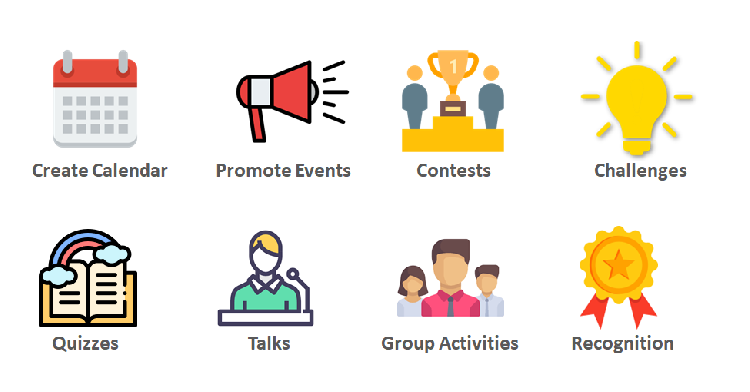

The organization should create a calendar of such events throughout the year by carefully looking at the relevance of each event to the core values, culture, and key priorities of the organization.
They also consider other ongoing and planned employee recognition and engagement activities happening at that time.

Once the events calendar is decided, the organization should develop a plan for activities that can be conducted during such events.
These activities could range from quizzes, contests, and challenges to talks, discussions, and other activities.
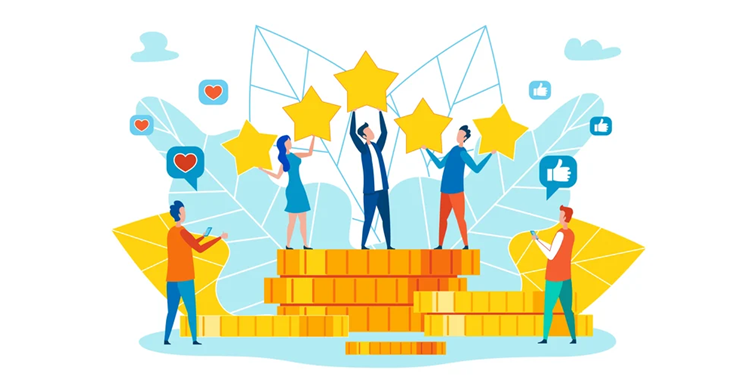
Moreover, organizations should incorporate employee rewards and recognition as part of these events in the calendar.
High achievers in the domain or theme, or employees who have participated in or performed well in the activities organized during the event, received recognition.

Also, organizations should announce and promote these events among their employees to drive visibility and participation.
Communication can be conducted through various channels, including email, posters, LED displays, and platforms such as the Intranet, Microsoft Teams, and Slack.
Event-based employee recognition can help organizations create a greater impact from recognition programs by driving a higher level of interest and engagement among the workforce.

Lead author: Sagar Chaudhuri, the Co-Founder and CEO of HiFives. He is an HR Tech Evangelist with over 25 years of experience in both corporate and entrepreneurial settings. Previously, Sagar has held leadership roles with companies such as Genpact, Infosys, and ICICI Bank. He has an engineering degree from IIT Kharagpur and an MBA from IIM Lucknow. Connect on LinkedIn
To stay updated on the latest HiFives blogs, follow us on Twitter (@MyHiFives)